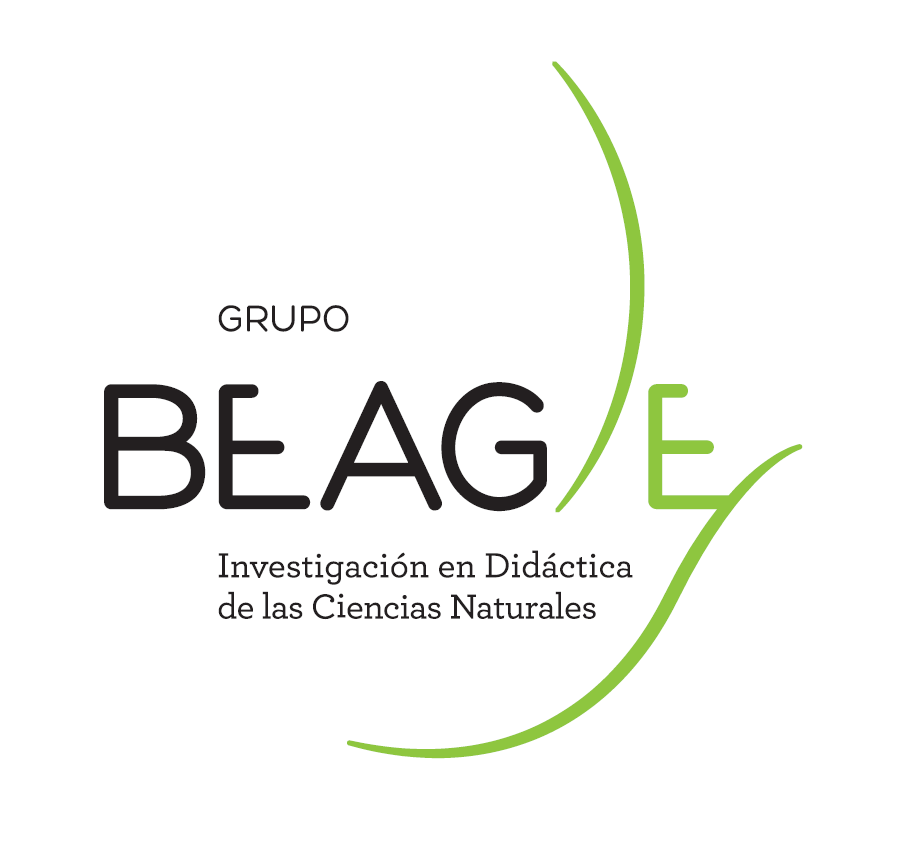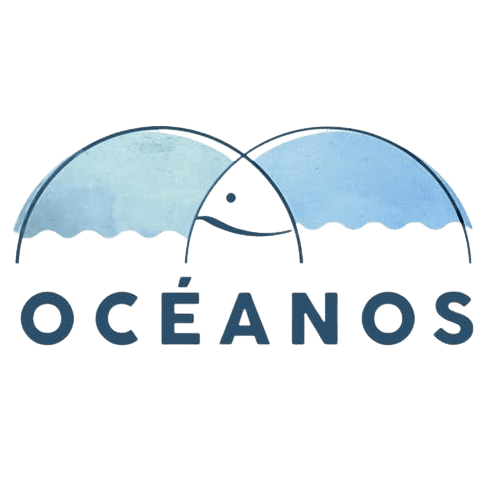
Why do Spanish boats sail to Canada or Morocco to fish when they have plenty of their own coasts?
Given how vast the seas and oceans are, we could imagine that feeding the ever-increasing world population through fishing and aquaculture was possible. This website addresses the question of whether the oceans are an endless source of food through a series of questions and data.
You will find information on the questions asked on the website in the sections available in the menu.
Ecology
Ecology
Fishing and Aquaculture
Fishing and Aquaculture
Life in the oceans
Life in the oceans
Problems in the seas
Problems in the seas
Source of food
Source of food
Questionnaire
Questionnaire
Why is it so important?
The idea that the oceans are an inexhaustible source of food and that this wealth is spread equally across all seas and oceans is deeply rooted. This led us to reflect and work on the question: Why do Spanish boats go fishing in Canada or Morocco when they have so many coasts of their own where they can do so? This was raised by a group of teacher training students during the so-called halibut war (a fish similar to sole) between Canada and Spain, which lasted from 1994 to 1996.
The aim of this website is to work on ecology concepts and environmental attitudes towards the oceans. The target audience is secondary and upper secondary education students, although some of the subjects based more on attitudes could be used in primary education settings.
This programme’s objectives are as follows:
- Understanding differences in how marine and terrestrial ecosystems operate and being able to explain worldwide impacts of apparently local events, such as the distribution of upwellings in seas.
- Looking at some examples of food webs, how the energy flow is produced and deducing practical consequences concerning the fishery problem.
- Becoming aware that nature has its limits and that to ensure survival we cannot dominate nature but rather we must respect its laws when we make use of it.
- Demonstrating attitudes protective of the environment, rationally criticising measures that are inadequate (certain fishing techniques, overexploitation, etc.), supporting proposals that help to improve the situation.




Guidelines for the website
The aim of this website is to work on concepts of ecology and environmental attitudes. It is structured in units that can be worked on independently or successively. It proposes various questions to think about, which seek to use ecology concepts and their application to social issues.
It is aimed at Secondary Education and Baccalaureate levels, although some of the topics, which focus more on attitudes, could be addressed in Primary Education.
Researches
María José Gil Quílez
Begoña Martínez Peña
Ana de Echave Sanz
This website arose from a CD ROM produced after a discussion with teacher-training students on what the media call the Turbot War. Students were indignant when they learned that the Canadian Navy detained the sailors of the vessel Estai in 1995, although they could not explain why the Galician fishers were fishing in such far-off seas rather than closer to the Spanish coasts.
The aim was to develop interactive multimedia to learn about ocean ecology concepts to help people understand how they relate to fishing problems and to work on environmental attitudes.
We were lucky to have two teacher-training students to help us make the CD ROM, Rafael Bazán† and José Miguel Cerdán, enthusiastic experts who added all the ideas we suggested to the CD ROM. This website is a tribute to them.
(Multimedia interactivo (CD rom). Prensas Universitarias de Zaragoza (2005). ISBN: 84-7733-771-3)
